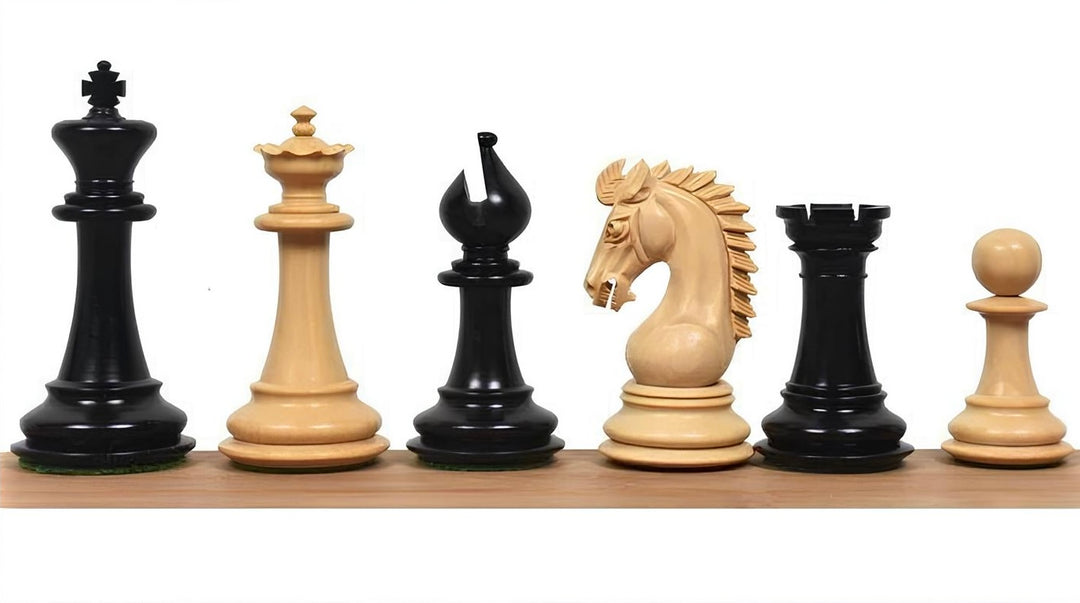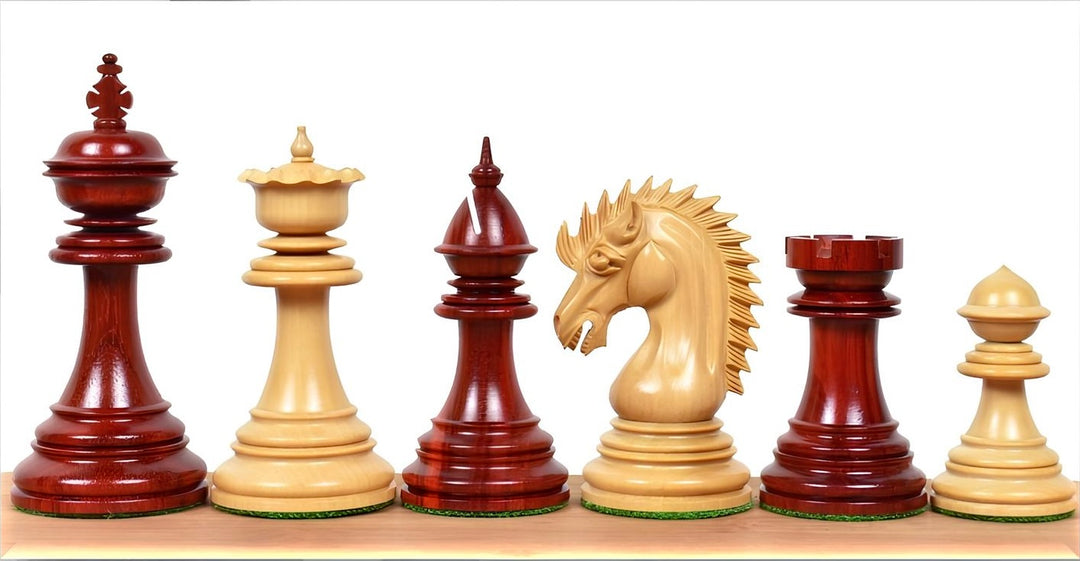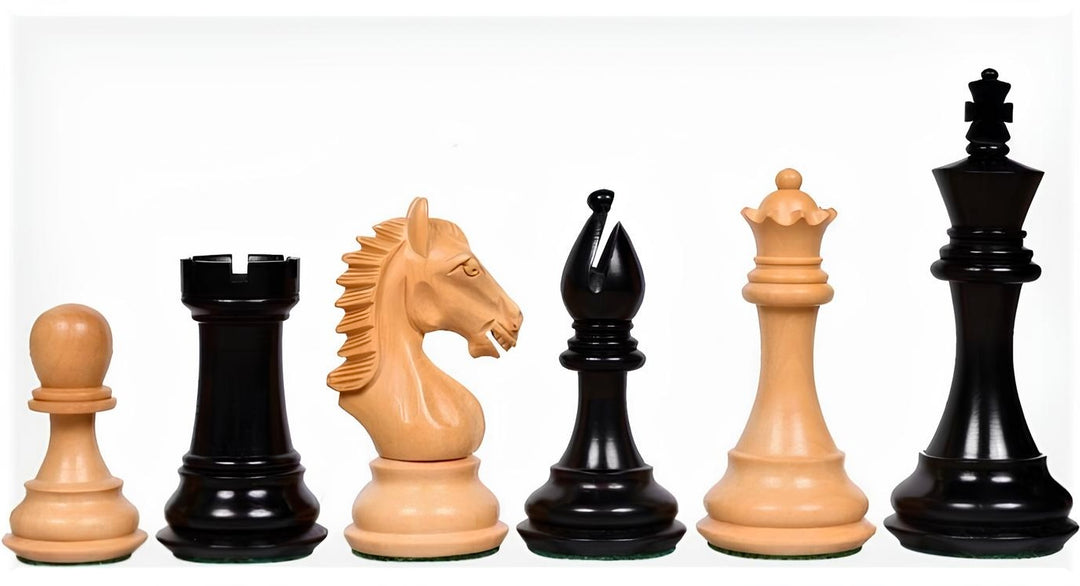Understanding the Movement of Chess Pieces
Chess, a strategic and complex board game, involves various pieces with unique movements and capabilities. One common question among beginners and enthusiasts alike is whether chess pieces can jump over each other during the game. This ability affects both the strategy and the mechanics of the game.
General Rule for Chess Pieces
In general, most chess pieces cannot jump over each other. Each type of piece has specific rules for movement, and the ability to leap over other pieces is rare. The movement patterns for each piece determine how they can capture, defend, and contribute to the overall gameplay.
The Knight: An Exception to the Rule
The knight is the only standard chess piece that can jump over other pieces. Unlike other pieces, which require a clear path to their destination square, knights have a unique movement in an L-shape. This movement can be visualized as two squares in one direction followed by one square perpendicular, or vice versa. This ability allows the knight to leap over any pieces directly in its path and land on the designated square, provided it is vacant or occupied by an opponent's piece (which can then be captured).
Other Pieces and Their Movement Restrictions
Here is a brief overview of the movement restrictions for the other pieces in chess:
- Pawns: Pawns move forward one square at a time, but can move two squares forward from their initial position on their first move only. They cannot jump over pieces and capture diagonally.
- Rooks: Rooks can move horizontally or vertically across any number of squares but must have a clear path. They cannot jump over pieces.
- Bishops: Bishops can move diagonally across any number of squares, also requiring a clear path without obstruction. They cannot jump over other pieces.
- Queen: The queen combines the power of the rook and bishop, moving horizontally, vertically, or diagonally over any number of squares, but cannot jump over pieces.
- King: The king can move one square in any direction but cannot jump over other pieces. It is essential to ensure the king is protected from threats during the game.
Special Moves Involving Jumps
While regular piece movement does not typically involve jumping, there are some special moves in chess that do:
- Castling: This move involves the king and one of the rooks. It is the only time a king moves more than one square, and the rook jumps from one side of the king to the other. However, for castling to be legal, there can be no pieces between the king and the rook, and neither the king nor the rook can have moved beforehand.
- En passant: This is a special pawn capture that can occur when a pawn advances two squares from its original position and lands beside an opponent's pawn. The opponent's pawn can capture it as though it had only moved one square. This unique capture must occur immediately after the initial two-square advance, or the opportunity is lost.
Strategic Implications of Jumping in Chess
The ability of the knight to jump over pieces provides it with unique maneuvering capabilities, which can be critical in bypassing pawn structures or reaching key squares. Understanding and utilizing the knight's jumping ability can often mean the difference between defending a crucial point on the board or launching an effective counterattack.
In conclusion, while most chess pieces follow strict pathways and cannot bypass others, the knight serves as a notable exception, endowed with the unique capability to jump over pieces. Skilled players can leverage this ability, along with other strategic moves like castling and en passant, to control the game and position themselves advantageously.
Explore our large collection of luxurious chess sets!


























































Leave a comment